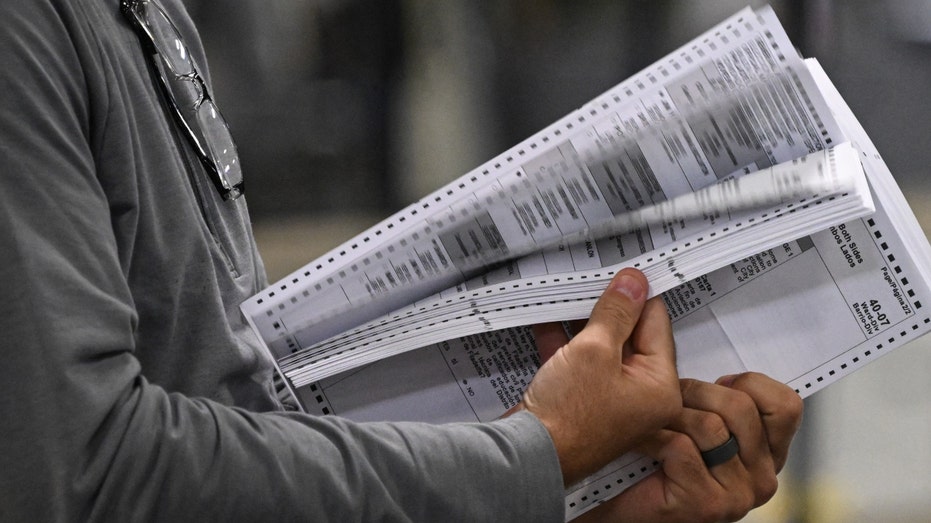With the New Jersey gubernatorial election just days away, Republican candidate Jack Ciattarelli boldly outlined his immediate plans should he unseat his Democratic opponent. Speaking at a televised town hall, he declared a swift and decisive move against policies he believes have jeopardized the state’s safety and security.
Despite trailing in polls, Ciattarelli projected confidence, asserting his campaign possesses the momentum needed for an upset victory. He painted a picture of a state ready for change, eager to reverse course on what he considers detrimental policies enacted by the current administration.
His first act as governor, he stated, would be to dismantle New Jersey’s sanctuary policies. This would end any restrictions on cooperation between local law enforcement and federal immigration authorities, a move met with enthusiastic applause from the audience.
Ciattarelli emphasized the ease with which he could enact this change, noting that many of the current governor’s policies were implemented through executive order. This allows for a swift reversal without the lengthy process of legislative approval.
He argued that sanctuary policies actively encourage illegal immigration and hinder the ability of local police to maintain public safety. He vowed to empower law enforcement, allowing them to collaborate freely with federal agencies to protect communities.
Beyond immigration, Ciattarelli also targeted the state’s cashless bail system. He described a troubling cycle of “arrest, release, repeat,” where individuals exploit the system, leading to a demoralized police force and increased crime.
He explained that the current system has inadvertently created a class of “professional criminals” who understand how to navigate the loopholes, perpetuating a dangerous pattern of unchecked offenses. He believes eliminating cashless bail will restore order and accountability.
This isn’t Ciattarelli’s first attempt at the governorship, having run unsuccessfully twice before. However, he expressed optimism based on early voting results, suggesting he is in a strong position to finally claim victory.
He also launched a pointed attack on his opponent, Representative Mikie Sherrill, regarding her refusal to release military records related to a disciplinary matter during her time at the U.S. Naval Academy. He questioned the reasons behind her reluctance to be transparent.
Sherrill maintains she did not cheat, but was penalized for refusing to identify others who did. Ciattarelli challenged her to release the records, arguing they would either confirm her account or reveal the true nature of the disciplinary action.
He further criticized Sherrill for accepting an endorsement from a New York socialist candidate, Zohran Mamdani, calling on her to reject the support. He framed this as another example of a pattern of evasiveness and questionable judgment.
Ciattarelli’s message resonated with a clear theme: a promise to restore safety, accountability, and transparency to New Jersey, and a direct challenge to his opponent’s record and integrity as the election draws near.




